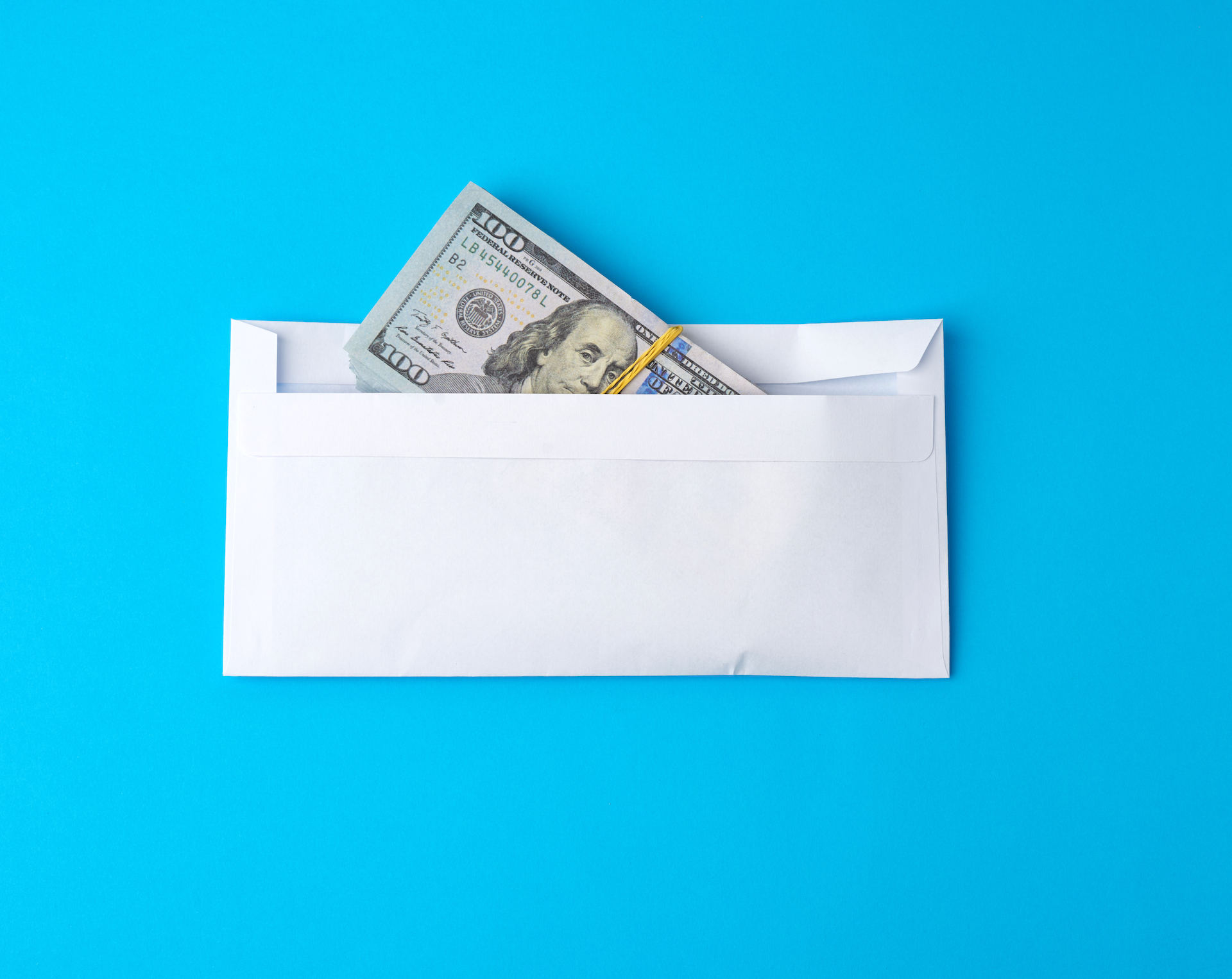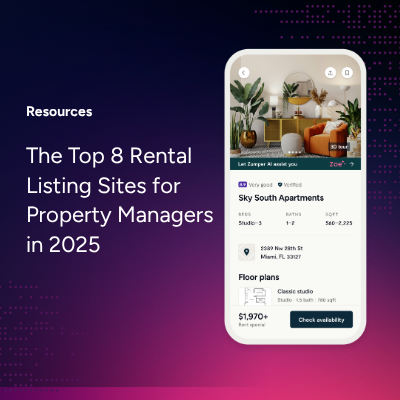
Collecting rent is an important part of a landlord’s job. Having renters pay their rent in full and on time allows a landlord to attend to other financial matters on their property. Let’s learn about how to collect rent from your renters.
How to Collect Rent
Here are some actions to take in order to make rent collection a peaceful process:
Be Polite and Calm
Collecting rent can sometimes be contentious and awkward. As a landlord, you deal with an extremely wide variety of people and situations, and it can be hard to keep your cool. Being polite and remaining calm during stressful situations can go a long way to improving your relationship with renters. The first step is to start off on the right foot with your renters. Introduce yourself and be friendly with them, especially when they first move in.
If they view you as a kind and reasonable person, hopefully, a relationship of mutual respect will grow. Having a good renter-landlord relationship takes a little work at first, but it’s extremely beneficial in the long run.
Communicate With Your Renters
Clear communication is key to being a successful landlord, especially when dealing with sizable sums of rent money. You need to start your line of clear communication with renters from the beginning by stating the rent amount, due dates, late fees, and consequences for late payment. If you explain these rules verbally to the renters and have them written in an official document, there will be no confusion about when their rent is due.
You can ensure the renters understands these rules by listing them in a rental contract that the renter must sign. A thorough rental agreement between a renter and a landlord will include:
- Cost of rent per month
- When the rent is due
- Where to pay the rent
- What happens when rent is late or unpaid
It’s also helpful to have these rules and dates written in case you ever have to take the renter to court or get legal counsel involved. Find out more about how to create a standard lease agreement you can use with your renters.
Have Consequences for Late Payments
It’s important that renters understand that there are real consequences for not paying rent on time. A common consequence for late rent payments is to charge a late fee. How much you charge your renters is up to you, and many states and municipalities have local statutes that determine the maximum you can charge for late fees. You do not have to charge the maximum amount as this could deter renters from your property.
You can think of other, more creative consequences for late payments. Perhaps you cut off renters from specific amenities, such as the pool or gym, until they pay their rent in full. Remember, that not all renters will try to avoid paying rent, some may just be going through a hard time and have trouble meeting the monthly deadline. It is up to you to decide when to enforce the consequences for late rental payments. Also, be sure to remind your renters about other consequences of paying their rent late, such as a bad credit score or eviction.
Choose Your Renters Carefully
The best way to ensure renters pay their rent on time is by choosing excellent renters. First, have a clear idea of the type of renters you would like to have on your property. Think about different aspects such as profession, financial status, and if you are looking for families or single professionals. While you can have an ideal renter in mind, you must not discriminate against people in any way described in The Fair Housing Act.
Once you have visualized your ideal renter, listed your property, and found interested parties, you can begin the screening process. It’s important to have a consistent screening process you can use for every candidate to determine if they will be a reliable renter who pays on time. A low credit score could be a sign they have made bad financial decisions, including making late rental payments. You should also call their previous landlord to see if they paid their rent on time.
Use Online Rent Payments
Using an online rental payment system is another way to ensure rental collection is easy and efficient. Paying rent online is a fast-growing area of technology, with many startups being created just to address this problem. Zumper has an easy-to-use rent collection product. With this free product, you can collect next-day payments without the use of checks or trips to the bank.
Renters already pay most of their bills online, and check, cash, and money orders are outdated methods of money collection. Plus, with online rent collection, renters can set up automatic rent payments so they don’t have to worry about incurring late fees. Using Zumper to set up your online rental payments will be much easier for both you and your renters.
How to Deal with Rent Collection Problems
Sometimes, rent collection problems can spiral out to real legal situations. Before that happens, here are a few steps to take:
- Talk with your renters: See if this rent collection problem is a one-time thing. Speaking with your renter rationally helps you maintain a friendly relationship.
- Send an official notice: If your renter has still not paid the rent or sufficiently explained why, you need to send a formal late rent notice explaining how many more days they have to pay their rent before you end their lease.
- Hire a property manager: If your renter is becoming extremely difficult, hire a third party to take legal action on your behalf.
- File for eviction: If you have tried every option and your renter will not pay the lease, it is time to file for eviction and get help from your local court and authorities.
Collecting rent is a necessary part of being a landlord. However, if you choose your renters and your rental collection method carefully, it can be the easiest part of the job.



